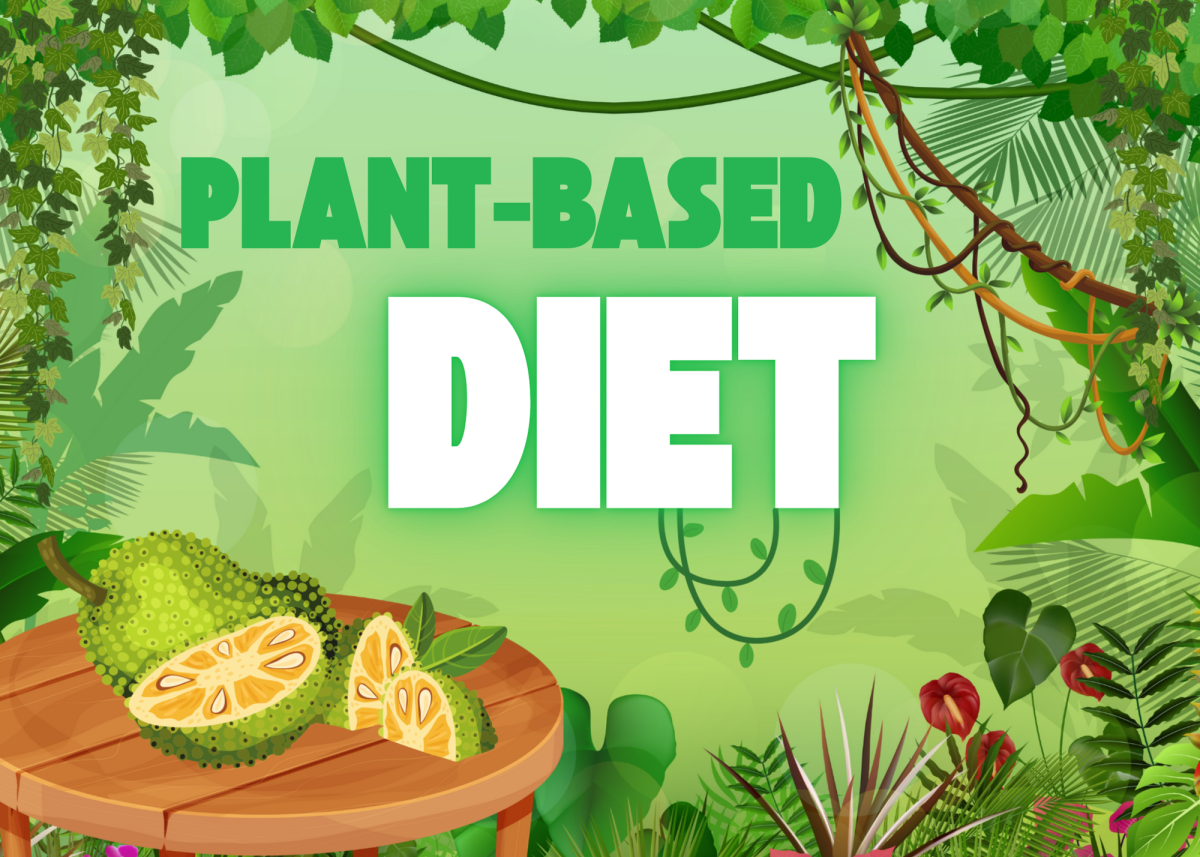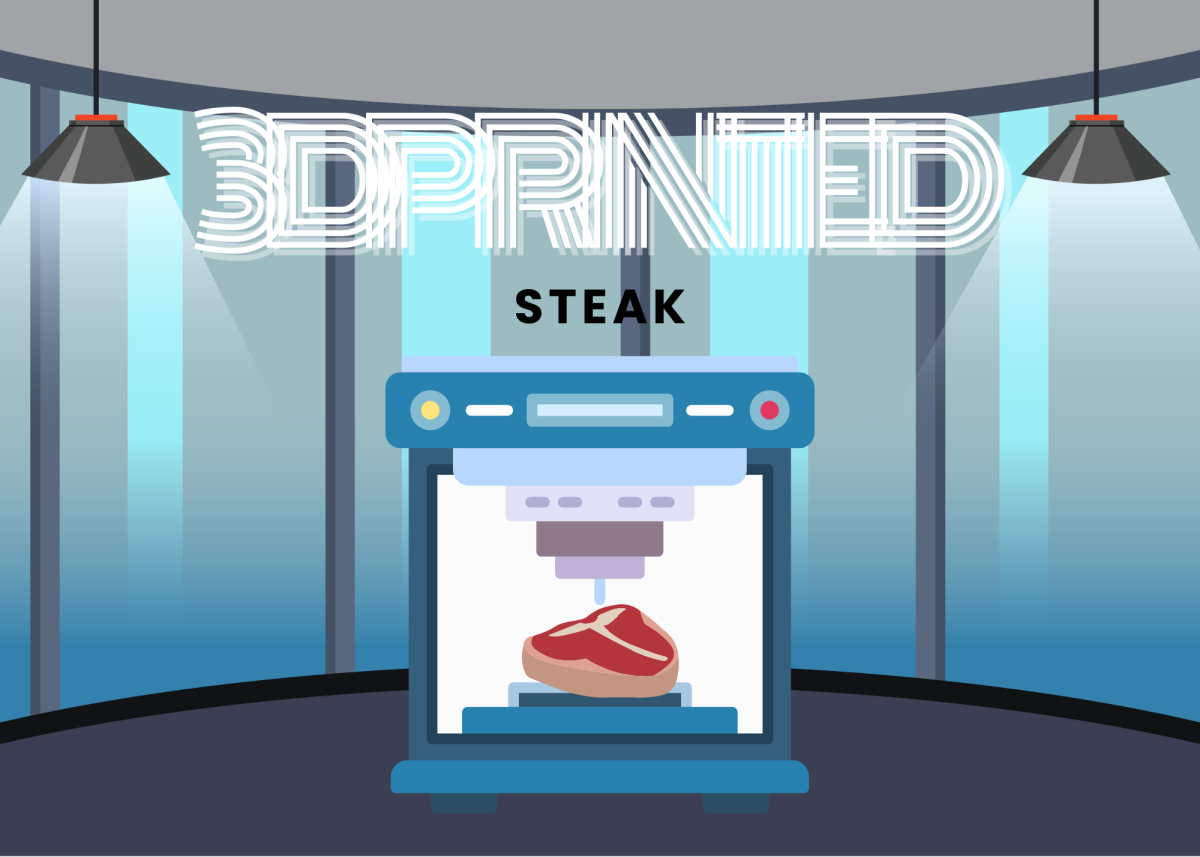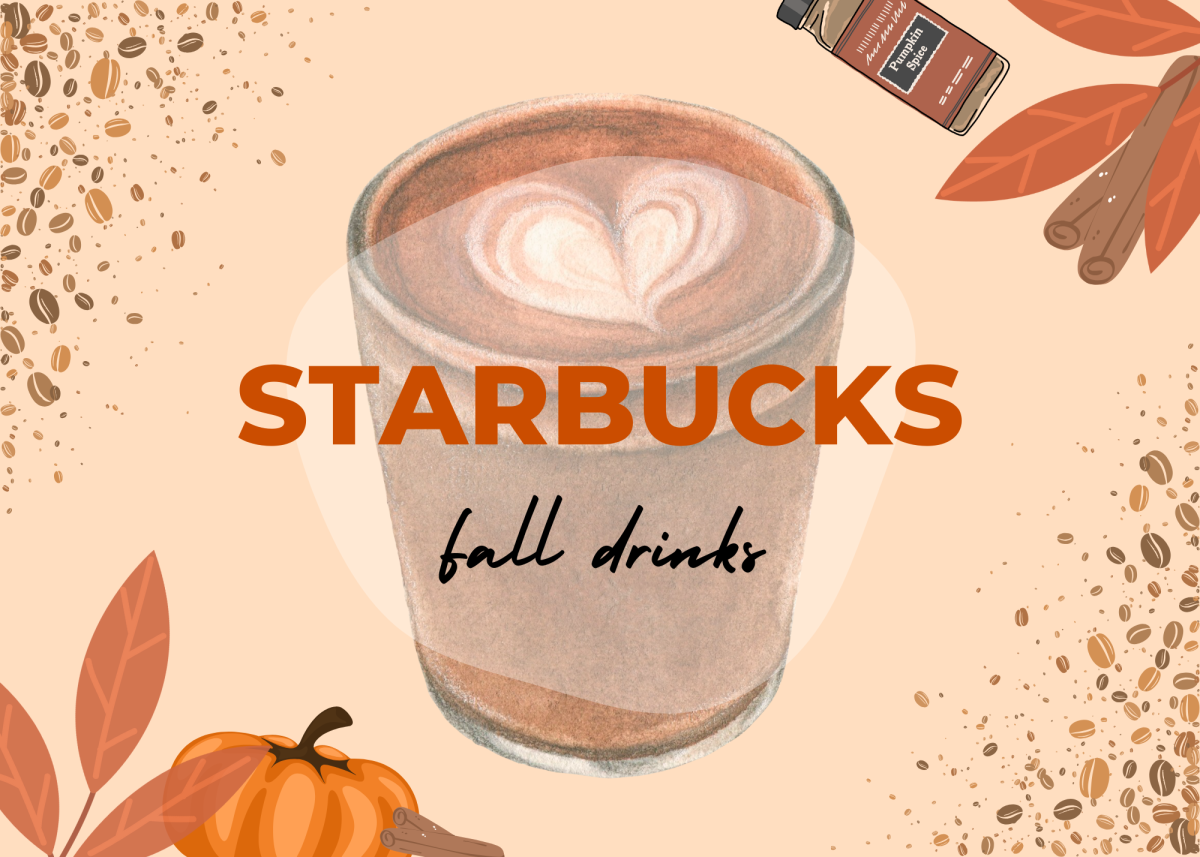Plant-based diets are like your regular day-to-day diet but primarily focus on foods made from plants. Foods included in plant-based diets include:
- Fruits
- Vegetables
- Seeds
- Oils
- Whole Grains
- Legumes
- Beans
Though the name might make it sound like a vegetarian or vegan diet, it does not mean you are getting rid of meat or dairy. Instead, you are including more plant sourced foods in your diet unless getting rid of meat and dairy is a part of the diet that you desire.
Two examples of different plant-based diets are the Mediterranean diet and the Vegetarian diet.
Why go on this diet? And why not?
Benefits.
Though most people think plant-based diets with only plants are more expensive than regular diets, it’s actually the opposite with plant-based diets being more affordable and sustainable.
“In someways it is good and if we couldn’t get meat and protein, it would be useful; but meat and protein is important to a diet,” said senior Lilyana Gillespie.
- Scientific analysis has shown benefits that include reduced risk of heart disease, frailty in elderly, depression, diabetes, certain cancers and metabolic syndrome.
- Plant-based diets are known to help with weight management and limiting sugar by being a healthy alternative.
- These diets are associated with lower heart disease because of the low saturated fats and freedom from cholesterol.
- You must choose if you want the inclusion of dairy and meat, depending on what best fits your health, dietary requirements and preferences to get comfortable with starting a plant-based diet.
Fallbacks
Even though eating a plant-based diet can be healthy, there are going to be drawbacks, even if you include dairy and meat in your diet rotation for nutrition or not.
“It’s hard to do plant-based diets since most plants in the market are processed and have pesticides since companies care about quantity over quality,” said senior Kyla Gatlin
- Processed plants are also an issue with plant-based diets if you do not intend to grow your own or if you buy from unreliable sources in stores. Processed plants are detrimental to health due to the risk of heart disease from excessive amounts of saturated fat, salt and added sugar.
- Having an organized list to locate your desired items, asking for advice from staff or tips from fellow dieters can help clarify what plants you should buy,
- Look out for labels with dairy and animal products like anchovies, lard, and gelatin if you are on a plant only diet and check the ingredients to ensure that it is plant-based and free of animal foods. This will help you consume less chemicals from pesticide application.
- The lack of nutrients can be a health issue if your diet is not planned out correctly and is missing zinc, omega-3 fatty acids, vitamin B12, iron and calcium, which can cause your body to weaken and lead to anemia, cognitive function problems, and weakened immune system.
- Just like with a regular diet, protein intake is important, too. A lack of protein in your plant-based diet will make your body break down your muscles for energy and a stall in your growth progress as well as slow your metabolism. If you are keen on not including meat in your plant-based diet, then some alternatives for protein include nuts and seeds for calcium and iron, plant-based milks for calcium, and seitan, which is made from gluten. Legumes also provide essential nutrients like calcium, zinc, and iron, while tofu is favored for its versatility.
- The obvious fallback with plant-based diets is the high fiber intake causing digestive discomfort like gas and bloating. Cooking the plants can ease digestion. Including probiotics and staying hydrated may also help.
- Plant-based diets can also to a degree prevent you from expanding your palate because of restrictions. Plant-based diets can be hard to enjoy with their lack of variety and how some foods do not meet the t of the dieter. To help try to include a variety of plant-based foods, incorporate a variety of animal products if you are willing to include it in your diet, and use plant-based alternatives to spice up your diet to your tasting needs so it’s not so dull.
There are many, many reasons why you should or should not transfer to a plant-based diet, depending on which one you choose. It can be cost-effective and healthy, but there are also moral and sustainability concerns that might be put at ease once plant-based diets are more consumer friendly to the public. After weighing pros and cons, adopting a plant-based diet, or a version of a similar one, might be best for you.










